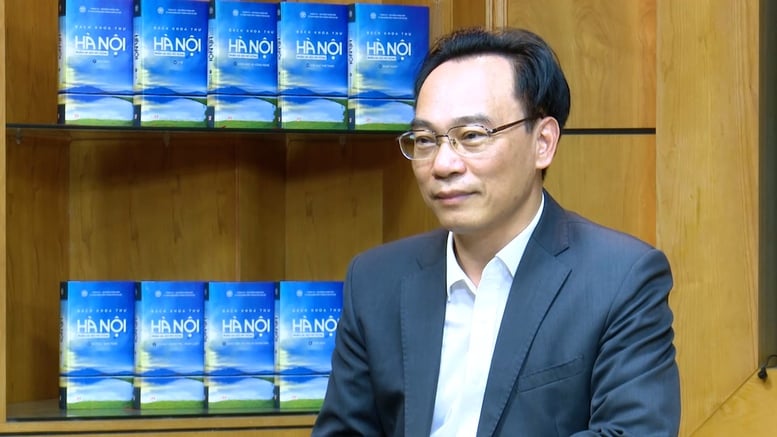
General benchmark drops, strategic industry makes breakthrough
The Deputy Minister said: "If calculated as a whole, the average admission score of all majors, schools, and all methods converted to a 30-point scale this year is 19.11. In 2024, this number will be 22.05. Thus, the overall admission score has decreased significantly."
The main reason comes from the high school graduation exam score distribution. This year's average score is lower in three subjects: math, English and biology. But on the contrary, the absolute score has increased sharply. "This year, there are about 15,000 10s, one and a half times more than in 2024. Block A0 alone has more than 5,000 10s, while in 2024 there were only about 1,300. This year, there are more than 500 10s in math, last year, no student got a perfect score. This shows very good differentiation: good students get very high scores," he said
Differentiation has caused some attractive majors such as artificial intelligence, microchip design, computer science , and pedagogy to have their benchmark scores skyrocket. "These are the industries we are looking to attract human resources. The high benchmark scores in these industries is a very encouraging sign." Deputy Minister affirmed.
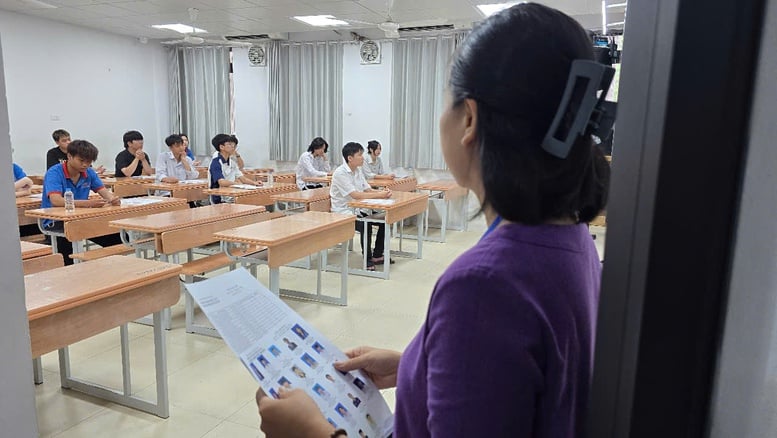
Point Conversion: Fairness in Difference
One of the important changes in the 2025 admissions is that the Ministry of Education and Training requires schools to convert admission scores to the same level between admission methods. This is to ensure that, whether candidates are admitted by high school graduation exam, transcript or competency assessment test, the final benchmark score reflects the same level of input competency.
Deputy Minister Hoang Minh Son explained: "In previous years, when there was no such requirement, there were abnormalities: for the same major, the graduation exam benchmark could be high, but according to the transcript, it was much lower, or even vice versa. This year, that no longer happens."
However, in parallel with the general regulations, many schools still apply the form of converting international language certificates such as IELTS, SAT to replace English subjects or add extra points. This is the autonomy of training institutions, but according to the Deputy Minister, the responsibility cannot be overlooked: "Foreign languages are very important, and certificates reflect the actual learning process. But to ensure fairness, the Ministry has stipulated: the total priority score cannot exceed 10% and the admission score cannot exceed 30".
This shows a two-pronged approach: on the one hand, the Ministry recognises the value of foreign language learning and the long-term cumulative achievements; on the other hand, it sets limits to avoid giving an undue advantage to a group of candidates. It is at this point that he also warns of the downside: "If students focus too much on English to get a certificate, they might neglect other subjects. We are more worried about that, because it not only affects exam results but also affects future studies at university."
In reality, there is no perfect conversion formula. The gap between the transcript score and the graduation exam score, or between the competency assessment exam and the high school exam, is always difficult to convert with absolute precision. However, according to the Deputy Minister, when choosing to use many methods, schools are forced to set out principles and clearly announce: "The benchmark score according to this method is 25, so the other method must explain why it is equivalent to 70 or 80. That is the responsibility of the schools."
He also stressed that fairness needs to be viewed within a specific scope: "Most importantly, when entering a major, students are treated fairly. Because that is true competition. The difference between schools in conversion methods is normal, reflecting their own characteristics."
This approach helps explain why this year some majors, especially foreign language pedagogy, reached the absolute score of 30. Partly due to the small quota and great attraction, but also partly due to the way of calculating points and converting foreign languages. The Deputy Minister frankly said: "That's a little bit unreasonable, so it needs to be looked at further. But overall, the policy was designed to gradually reduce inequality, not to create favoritism."
Conversion is therefore not only a technical tool, but also a warning about balance: foreign language training is necessary, but cannot be traded off by neglecting other fundamental subjects.
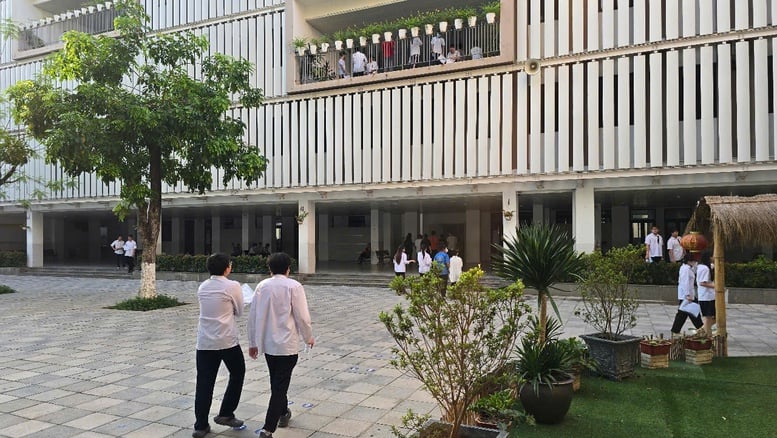
Virtual Filter: Not "virtual" but fair
This year, the "virtual filtering" system is operated in many rounds, not to "create illusions", but to ensure that each candidate is considered for their highest choice. Deputy Minister Hoang Minh Son explained: "We use the word virtual filtering, a word that we have probably been using for a long time. But in fact, this is the selection process." The key, he said, is the mechanism of prioritizing wishes: "When a student has many wishes, the system must consider allowing them to be admitted to the wish they love the most, the wish that comes first. That is the key thing."
The reason for running multiple laps comes from both scale and technical factors. "The number of candidates has increased a little... and secondly, there is no more early admission so the number of applications has increased." In addition, this year the Ministry requires schools to carefully review to limit errors: "I want to run it more times. And as I run it each time, it will stabilize." In a system with "hundreds of colleges and universities... one school's change can affect another school." It is inevitable that many cycles will occur. The process of many cycles is for the whole system to gradually reach a common equilibrium point.
Regarding the concern that "the more filtering, the more virtual", he dismissed: "Can't say it's virtual, the more times you run it, the more virtual it is... those are people who don't do specialized work." According to the Deputy Minister, the current method creates fairness because it avoids one candidate taking up many "places": "When you are admitted to two wishes, it means you have taken the place of another student."
He also stressed that this is largely a “technical story”: "Actually, candidates, parents or public opinion do not need to know this." What students need to grasp is the logic of fairness: the system considers candidates with the highest possible wishes, and returns the rest to give others a chance — a "very orderly" arrangement, as he describes it.
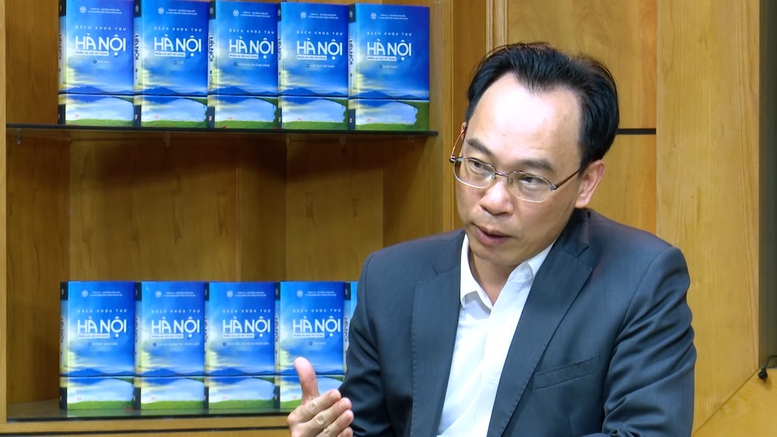
Towards sustainable equity
According to Deputy Minister of Education and Training Hoang Minh Son, innovations in the 2025 admissions season – from point conversion regulations, priority point limits to implementing multiple virtual filtering rounds – all aim towards a common goal: creating more fairness and convenience for candidates. "There can be no absolute perfection, but step by step we are reducing inequality. The important thing is that students with real ability and effort in studying have opportunities. That is the essence of a fair admission system," Deputy Minister emphasized.
The reality of this year's admission season shows positive signs: high benchmark scores in some majors are not unusual but reflect good differentiation, the sharp increase in the number of absolute scores in block A0 proves the outstanding abilities of many students, while strategic majors such as artificial intelligence, chip technology, and pedagogy attract a large number of candidates, in line with the national human resource orientation.
One of the common concerns is that high benchmark scores will cause many students to "fail" and lose opportunities. However, according to the Deputy Minister, this assessment is not accurate: "When a major has a quota of 100, if 200 students have high scores, the 100 highest students will get in. The remaining students do not lose their chance because they have many wishes. If they do not get into this major, they will get into another major, if they do not get into this school, they will get into another school."
He emphasized that Competition in admissions is necessary , because it not only creates pressure but also motivates learning and effort. "Overall, this year's exam differentiates well, creating more suitable choices for each candidate's ability. Compared to Japan and Korea, our exam has reduced a lot of pressure." Deputy Minister Hoang Minh Son said. According to him, the important thing is not the score, but the transparent admission mechanism that helps each candidate have the opportunity that is appropriate to their ability.
Source: https://baolangson.vn/tuyen-sinh-2025-khong-co-diem-ao-chi-co-phan-hoa-that-5057044.html



![[Photo] Hanoi: Authorities work hard to overcome the effects of heavy rain](https://vphoto.vietnam.vn/thumb/1200x675/vietnam/resource/IMAGE/2025/8/26/380f98ee36a34e62a9b7894b020112a8)
![[Photo] Multi-colored cultural space at the Exhibition "80 years of the journey of Independence - Freedom - Happiness"](https://vphoto.vietnam.vn/thumb/1200x675/vietnam/resource/IMAGE/2025/8/26/fe69de34803e4ac1bf88ce49813d95d8)

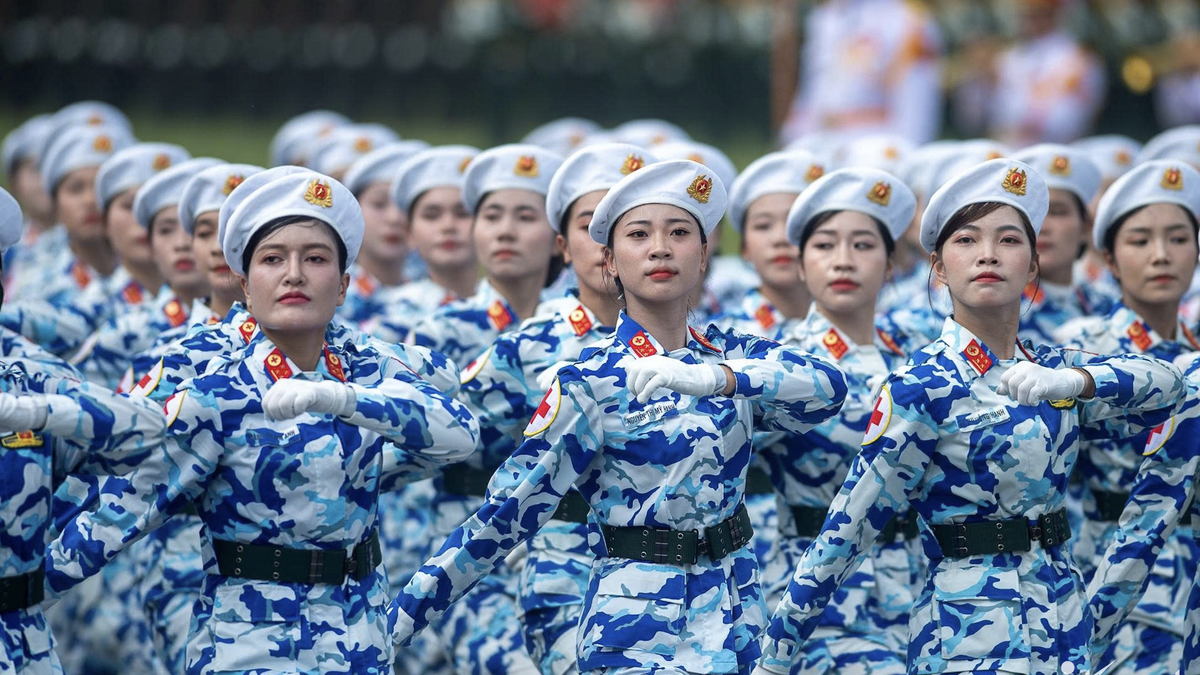





























































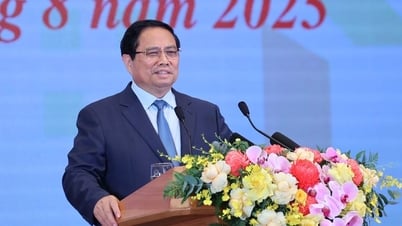
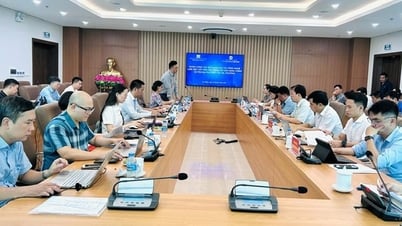















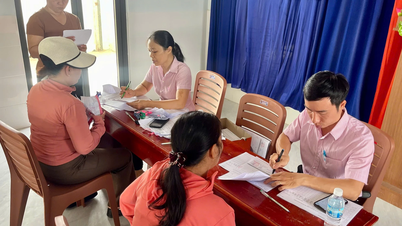





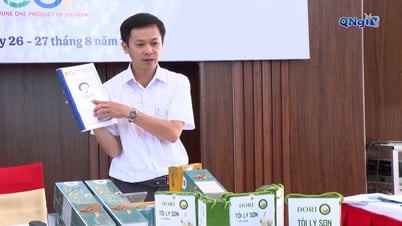









Comment (0)